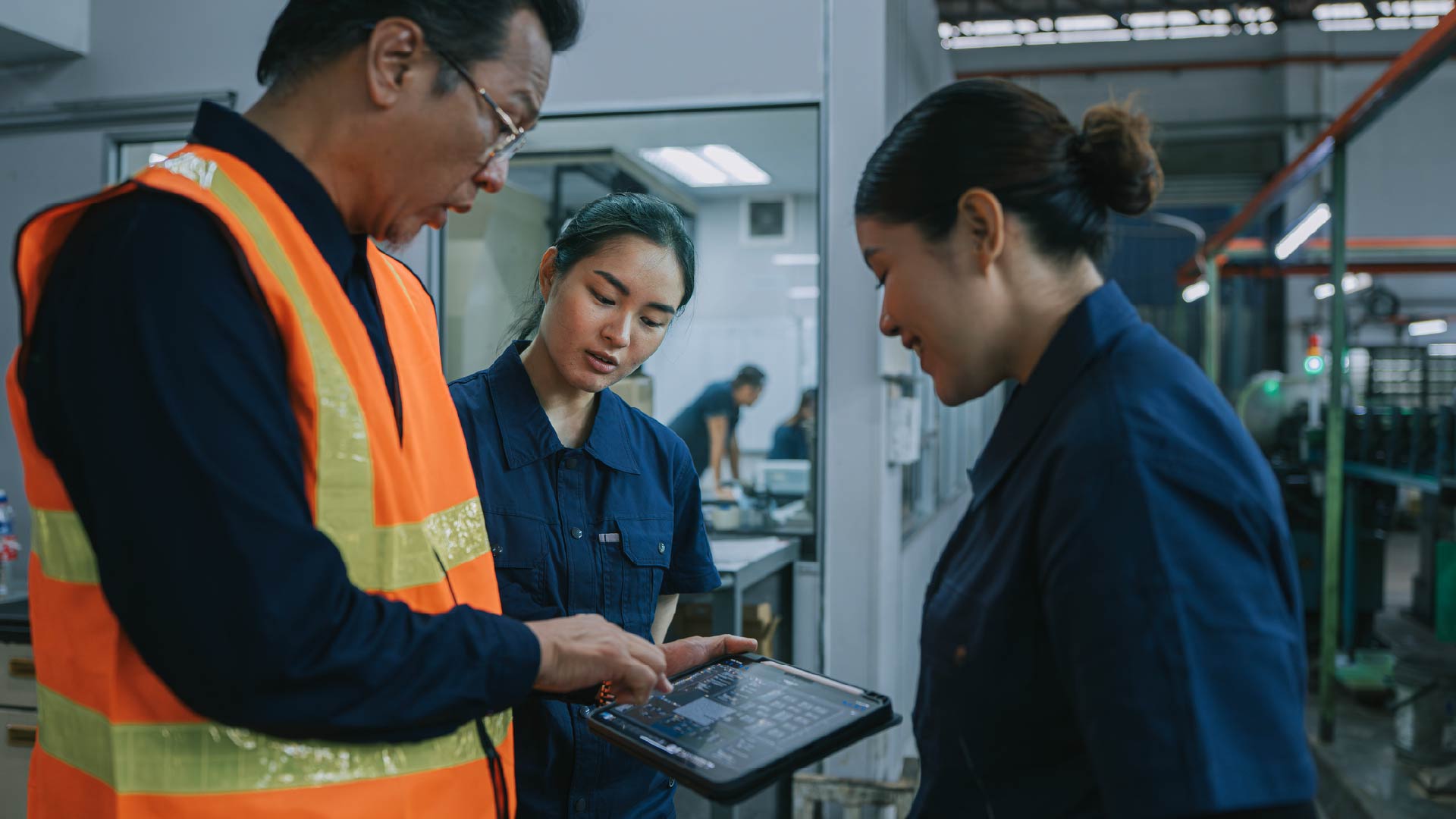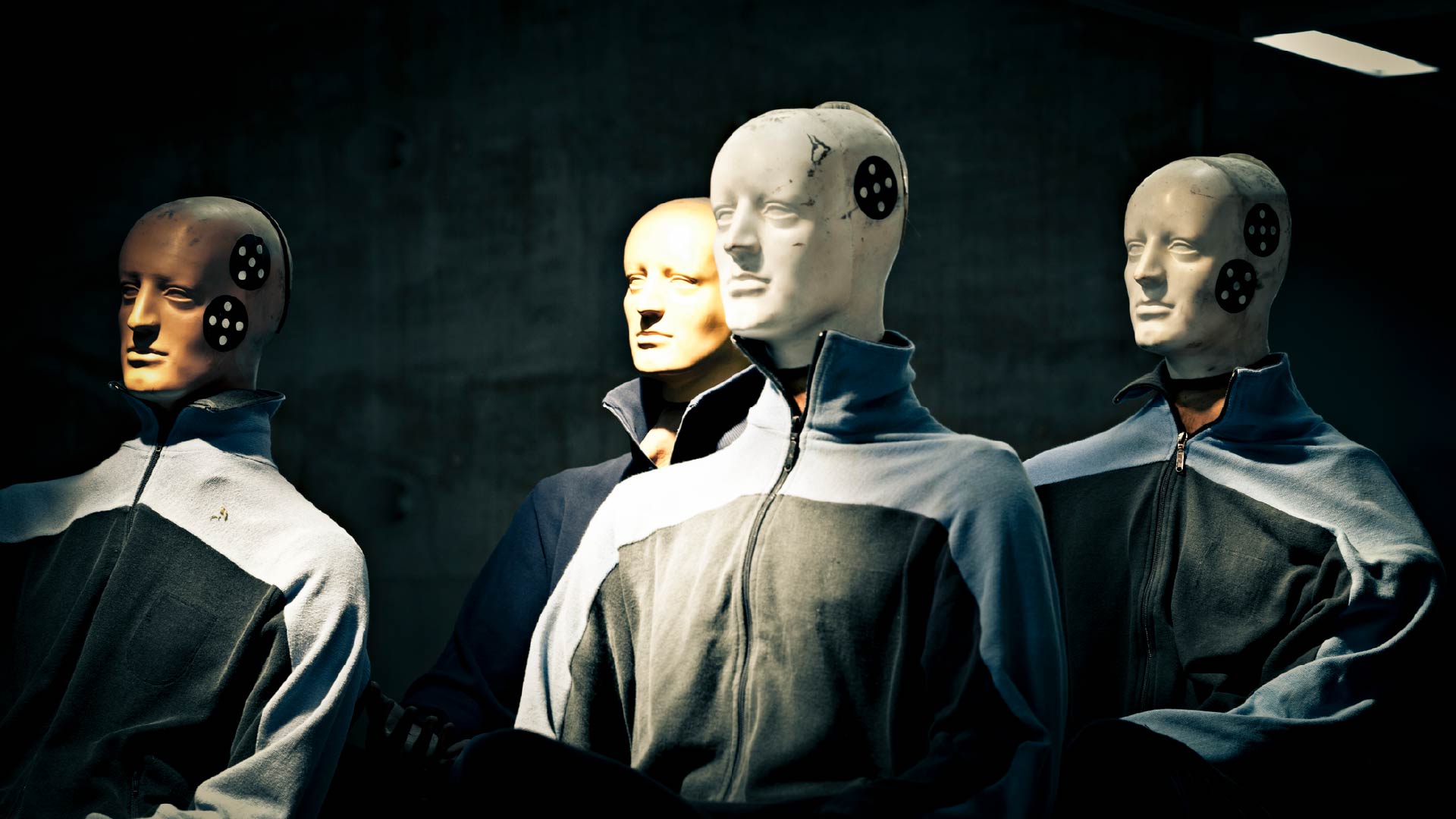Man-Made, Man-Down: Women Left Behind In Workplace Injury Prevention
As of 2023 women make up 40% of the global workforce, but work environments are still generally designed for men – putting women at greater risk of injury. While many hazards present risks for all workers, men and women do not necessarily suffer from the same type of musculoskeletal disorders (MSDs), making cases among female employees more difficult to diagnose and prevent due to the established mindset of historically male-dominated industries. In a recent interview, president and CEO of the National Safety Council (NSC) Lorraine Martin observed that, while at work, women are more frequently exposed to prolonged static postures and repetitive hand and arm movements. Consequently, they are more likely to suffer from MSDs related to hips, wrists and hands, such as tendonitis, carpal tunnel syndrome, and back strains and sprains – while men are more exposed to lower back and knee injuries.
Nonetheless, there are still significant rates of lower back and knee MSDs among women. As Lorraine Martin explains, women in jobs that require lifting are more likely to work at their maximum physical capacity, increasing the chance of injury. In fact, female workers are twice as likely as their male counterparts to suffer from neck and shoulder pain. Physical injuries are just one part of the story; firms also need to understand the various mental health hazards men and women face on the job.
It is clear that a one-size-fits-all approach won’t be up to the task of addressing safety risks and developing work processes. In response to these issues, the NSC launched the MSD Solutions Lab in 2021. This department conducts research, identifies innovative technology and looks to improve existing solutions to solve workplace issues. One problem that their research has identified is that women are less likely to speak out about work-related health risks – and are less likely to be acknowledged when they do so. In response to this, NSC CEO Lorraine Martin has suggested that firms must promote safety culture and train managers to help detect warning signs of potential injuries early. This will empower workers – especially women who previously felt that they wouldn’t be heard – to speak about their injuries, as they know organizations will understand and be able to provide them with further support.
To help employers create safer workplaces, the NSC launched the MSD Pledge: a first-of-its-kind commitment from employers to improve workplace safety, minimize MSD risks and improve the wellbeing of workers worldwide. Currently, over 2.6 million workers from more than 150 firms in industries such as healthcare, manufacturing and retail have signed the agreement. Within the pledge is the MSD Solutions Index, a benchmarking tool that assesses each member’s MSD prevention efforts and provides feedback on strengths and areas for improvement.
There are also technological solutions that can help reduce the risk of MSD injuries, such as active and passive exoskeletons. These are external wearable structures that augment the power of an individual either through a power source or springs that store energy for human motion. Specifically, these devices help workers lift heavy loads with less strain and work more comfortably in positions that require standing, squatting or sitting for extended periods. Although active exoskeletons are struggling to overcome challenges including cost and weight, their passive counterparts have gained traction. Passive exoskeletons have been shown to help with dynamic lifting by reducing muscle activity by 50%. This technology could be a valuable asset to help address inequities in workplaces designed for men and tackle higher injury rates among women.
To learn more about EHS technologies follow the link to our research portal.About The Author

Zain Idris
Industry Analyst





